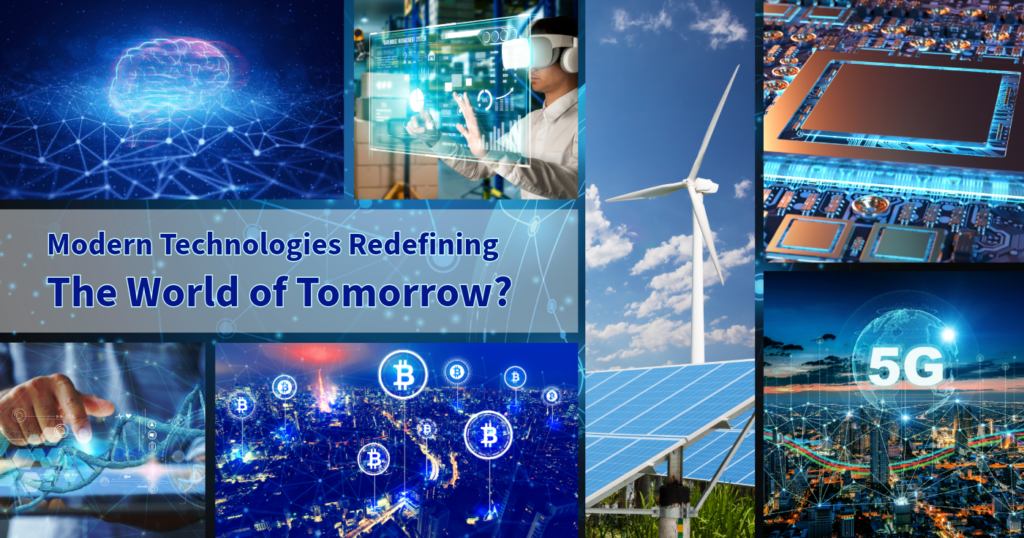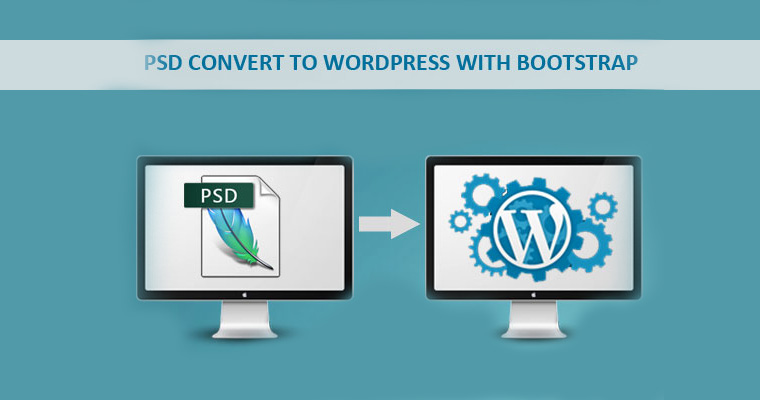How Modern Technologies Are Redefining the World of Tomorrow?

The future is no longer an abstract concept—it’s unfolding right now, driven by groundbreaking technologies that are reshaping our world at an astonishing pace. From artificial intelligence (AI) making machines smarter to quantum computing breaking barriers we once thought impenetrable, these advancements are not only changing industries but are also redefining the way we live, work, and interact. In this blog, we’ll explore some of the most revolutionary modern technologies, their profound impacts, and what they mean for the world of tomorrow.
Artificial Intelligence: The Brain Behind the Machines
Artificial Intelligence, once a buzzword, has become a powerful force in our lives. From virtual assistants like Siri and Alexa to sophisticated algorithms predicting climate patterns or diagnosing diseases, AI has permeated almost every facet of society. It is no longer about replacing humans but about enhancing our abilities. Imagine healthcare systems powered by AI, analyzing vast amounts of patient data to deliver personalized treatment or self-driving cars making transportation safer and more efficient.
However, with great power comes great responsibility. As AI becomes more advanced, concerns about data privacy, algorithmic bias, and the potential for job displacement loom large. While the promise of AI is immense, its ethical challenges demand our attention to ensure it benefits humanity as a whole.
Quantum Computing: Redefining Possibilities
Quantum computing is the enigmatic disruptor in the tech world. It operates at the subatomic level to solve problems exponentially faster than traditional computers. While conventional systems use binary bits (0s and 1s), quantum computers use qubits, enabling them to process vast amounts of data simultaneously. This breakthrough has implications for everything from drug discovery to cryptography, potentially cracking codes that were previously unbreakable.
Yet, quantum computing is still in its infancy. The technology is expensive, highly complex, and requires extreme conditions to operate. But as research progresses, the potential to revolutionize industries like healthcare, finance, and cybersecurity is undeniable. Imagine a world where diseases like Alzheimer’s are cured, thanks to quantum models simulating molecular interactions.
Blockchain Beyond Crypto: A New Paradigm for Trust
Blockchain has long been associated with cryptocurrencies, but its real potential extends far beyond Bitcoin and Ethereum. At its core, blockchain is about decentralization and transparency—features that are transforming industries like supply chain management, voting systems, and even healthcare.
For instance, in agriculture, blockchain can provide consumers with a transparent view of a product’s journey from farm to table. Similarly, in finance, smart contracts enable faster, more secure transactions without intermediaries. But blockchain isn’t without challenges. It’s energy-intensive, and its decentralization sometimes makes regulatory oversight difficult. Still, the technology’s ability to foster trust and eliminate inefficiencies ensures it will remain a cornerstone of future innovation.
5G and Beyond: The Foundation of Connectivity
The rollout of 5G technology marked a monumental shift in connectivity. With faster speeds, lower latency, and the capacity to connect billions of devices, 5G has enabled advancements like the Internet of Things (IoT), smart cities, and real-time communication. Imagine autonomous vehicles exchanging data instantaneously or remote surgeries conducted with precision through ultra-reliable connections.
But 5G isn’t the endgame. Researchers are already working on 6G, promising speeds that will make 5G look like dial-up. As exciting as this sounds, it’s important to consider the potential risks, such as increased energy consumption and concerns over radiation exposure. Balancing innovation with sustainability will be critical as we build the next generation of connectivity.
Augmented and Virtual Reality: Bridging the Physical and Digital Worlds
Augmented Reality (AR) and Virtual Reality (VR) have moved beyond gaming to revolutionize industries like education, healthcare, and retail. AR enhances the real world by overlaying digital information, while VR immerses users in entirely virtual environments. Picture architects walking clients through 3D models of buildings before construction begins or medical students practicing surgeries in lifelike simulations.
These technologies are also enhancing entertainment, from virtual concerts to immersive storytelling. However, challenges like high costs, accessibility, and the potential for addiction to virtual environments must be addressed. AR and VR are more than technological novelties—they’re reshaping the way we perceive and interact with our surroundings.
Green Tech and Renewable Energy: Powering a Sustainable Future
As the planet faces unprecedented environmental challenges, green technologies and renewable energy solutions are stepping up to mitigate climate change. From solar panels that capture energy more efficiently to wind turbines that generate power on a massive scale, renewable energy sources are becoming more accessible and cost-effective.
Green tech isn’t just about energy production—it’s about smarter consumption. Innovations like energy-efficient buildings, electric vehicles, and smart grids are transforming how we live and reduce our carbon footprint. Yet, transitioning to a sustainable future isn’t without obstacles, including high initial costs and the need for global cooperation. Despite these challenges, green tech represents humanity’s best hope for a cleaner, greener future.
Biotech and Gene Editing: Rewriting the Code of Life
Biotechnology and gene editing technologies, such as CRISPR, have opened doors to possibilities once relegated to science fiction. From curing genetic disorders to enhancing crop yields, these advancements are transforming healthcare and agriculture alike. Imagine a future where hereditary diseases like cystic fibrosis are eradicated or where food shortages are addressed through genetically modified crops that are more resistant to pests and climate change.
But playing with the code of life comes with ethical dilemmas. Should we edit human embryos? Who decides what constitutes a genetic improvement? While the potential is enormous, society must navigate the moral complexities that come with such profound power.
The Fusion of Emerging Technologies
What’s truly exciting is how these technologies don’t exist in isolation—they’re converging to create entirely new possibilities. AI-powered AR glasses could revolutionize education, or blockchain-based energy grids could make renewable power more reliable and accessible. The synergy between these innovations accelerates progress in ways we can only begin to imagine.
Yet, this rapid evolution comes with its share of risks. As we race to adopt new technologies, issues like data privacy, ethical misuse, and the widening digital divide must be addressed. The future may be bright, but it requires a shared responsibility to harness technology for the greater good.
The Human Element in Technological Advancements
Amid all the innovation, one thing remains constant: the human element. Technology is only as powerful as the purpose it serves. It’s not about creating gadgets for the sake of novelty but about solving real-world problems, improving lives, and fostering connections.
As we hurtle toward a future shaped by these transformative technologies, the question isn’t just what we can create but how we can create a better world. The pace of innovation may be relentless, but the values we embed in these technologies will define their true impact.
Modern technologies are more than tools—they’re the architects of a new era. The choices we make today will determine whether this era is one of progress, equity, and sustainability. Let’s ensure that as we build the future, we build it with purpose.
Conclusion: Embracing the Future
The Tech Revolution of 2025 is not just about gadgets and algorithms—it’s about reimagining the human experience. As we stand at the cusp of this new era, we have the opportunity to shape a future defined by innovation, inclusivity, and sustainability. The choices we make today will determine the world of tomorrow, making it imperative that we approach this revolution with wisdom, foresight, and a commitment to the greater good.





